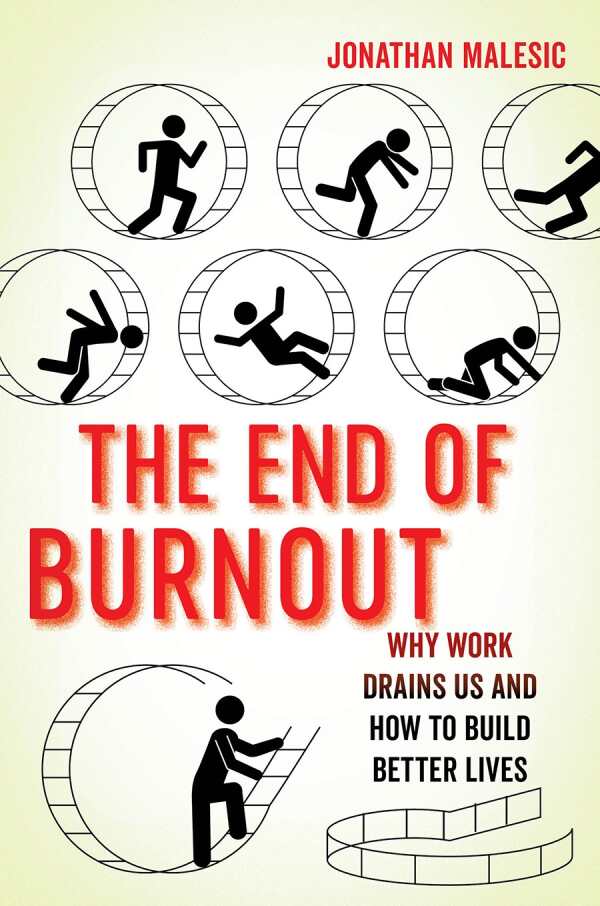The End of Burnout
Why Work Drains Us and How to Build Better Lives
Thorough in analyzing the history and psychology of work and exhaustion, Jonathan Malesic’s book suggests ways to revamp a system that burns people out.
Malesic quit his tenured university position when he realized that the work no longer fulfilled him. He was spending more time on mundane administrative work than he was on reading. Once free, he began researching the topic that upended his life: burnout, or the experience of being pulled between expectations and reality at work. Malesic writes that burnout is fed by the centuries-old notion that work should be more than just a paycheck—that it should provide people with a sense of dignity and purpose, and almost be a personality trait.
With elements of an academic text and a memoir, Malesic’s book examines how burnout has been discussed throughout time (in ancient Greece, it was melancholia, an ailment of the soul, for example). Today, it’s a common, yet varied, experience, and the way out of it is not through temporary doses of mindfulness and rest. Treating burnout, Malesic says, requires a complete overhaul of the industrial complex.
In seeking out a solution, Malesic met people on the other side of burnout: monks who work a mere three hours a day; a disabled artist who listens to their body’s needs before diving into work; people who place more value in their hobbies than on their occupations. The book ends with a poignant look at the Covid-19 pandemic, which it regards as a chance to address the issues that led to burnout: new work structures, Malesic notes, meant that many people were able to work from home, and on flexible schedules.
The End of Burnout is a moving examination of a flawed approach to work that suggests a society-wide means of dismantling the problem.
Reviewed by
Ashley Holstrom
Disclosure: This article is not an endorsement, but a review. The publisher of this book provided free copies of the book to have their book reviewed by a professional reviewer. No fee was paid by the publisher for this review. Foreword Reviews only recommends books that we love. Foreword Magazine, Inc. is disclosing this in accordance with the Federal Trade Commission’s 16 CFR, Part 255.

